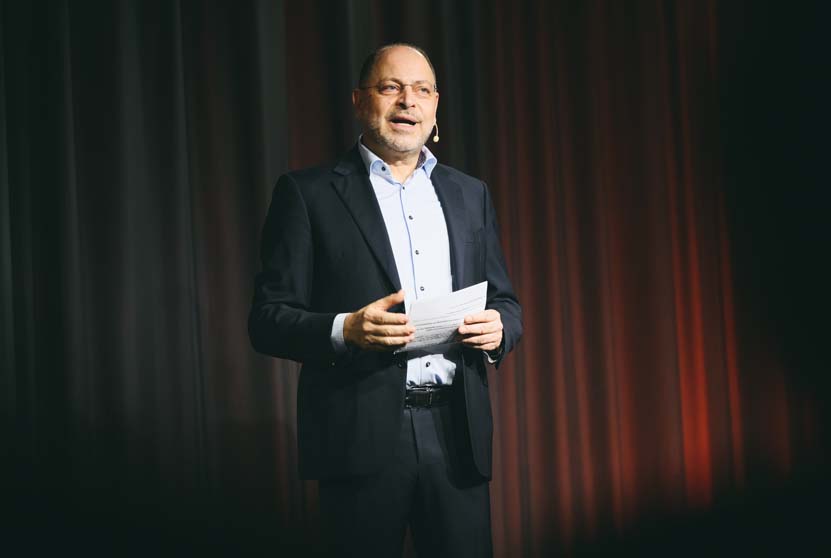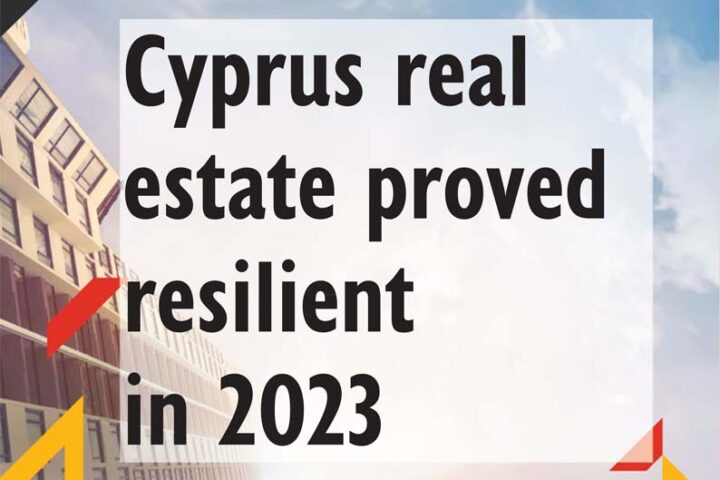Business leaders in Cyprus seem more optimistic about economic growth, compared to a year ago, despite the significant prevailing headwinds and disruption, according to an annual survey by Big Four advisory PwC.
A key observation from the 13th annual survey for CEOs in Cyprus, compared to last year, is that CEOs in Cyprus, alongside 4,702 chief executives from 105 countries who participated in the PwC Annual Global Survey, seem to apply more confidently a mindset of adaptability and agility, focusing their efforts on the reinvention agenda of their businesses.
Specifically, 40% of CEOs in Cyprus believe global economic growth will improve in the next 12 months, 43% consider that local growth will also improve, while 45% stated they will increase their organisation’s headcount.
The findings represent a significant recovery in optimism from last year’s survey results, in which CEOs in Cyprus and around the world recorded historic levels of pessimism.
“The PwC survey reveals that CEOs in Cyprus demonstrate agility and adaptability as they are becoming increasingly more confident about the prospects of the Cyprus economy, especially when compared to the rest of the Eurozone,” said PwC Cyprus chief executive Philippos Soseilos.
“At the same time, they are aligned with the CEOs globally in recognising that their businesses will not be viable in the medium term unless they reinvent their business models, leveraging GenAI amongst other driving factors,” he explained.
Accelerate reinvention
“The message is clear: We should no longer speak of the need for speed in taking action. We should be speaking of the need to accelerate our reinvention,” Soseilos concluded.
Of the CEOs surveyed in Cyprus, 43% said that their organisations will not be economically viable beyond the next ten years if they maintain their current operating model.
This is directly associated with CEOs’ experience that technological change (66%), changes in customer preferences (53%) and government regulations (43%) have significantly impacted companies in the last five years and will continue driving the need for reinvention over the next three years in an accelerated manner.
Technological change is identified as the number one driving force for reinvention by all CEOs questioned in the global survey. Interestingly, CEOs in the Eurozone highlight the rising significance of government regulations in this area.
CEOs are called upon to make those strategic decisions amid the complex environment within which they will safely navigate their businesses into the new era of continuous reinvention. Concerns about major challenges remain acute, with inflation dominating at 23%. Geopolitical conflicts and cyber attacks follow with 21%, and macroeconomic volatility at 18%.
Revenue and headcount
Despite concerns about the long-term viability of their organisations, business leaders in Cyprus appear to be more optimistic regarding their own organisation’s revenue growth over the next 12 months, with 41% “very optimistic” about their company’s revenue growth prospects, a slight increase compared to last year’s 38%.
Respectively, 35% of CEOs in the Eurozone and 38% of CEOs globally are very optimistic about their own organisation’s revenue growth prospects in the coming year.
Regarding employee headcount, 45% of those surveyed in Cyprus said they plan to increase numbers and 49% will not make any changes for the next 12 months. CEOs in the Eurozone give a 19% probability to reducing their headcount, while CEOs globally give a 22% probability.
AI landscape
The rapid technological advancements and their influence on business operations are also a cause for uncertainty, the PwC survey found.
The fast emergence of Generative Artificial Intelligence (GenAI) is creating expectations to the majority of CEOs that it will provide the means to tackle the great administrative inefficiencies currently within their organisations and also improve the quality of their services and products over the next 12 months.
These results highlight the significant need for workforce upskilling, the survey concluded.










